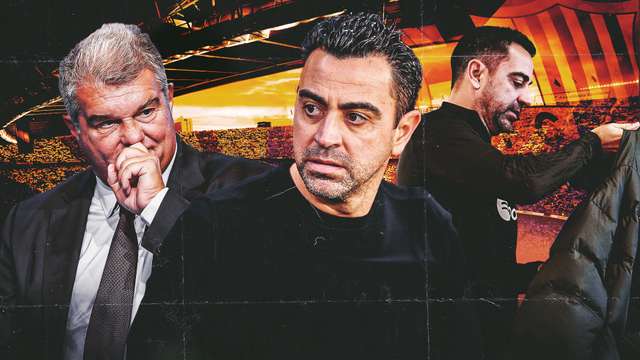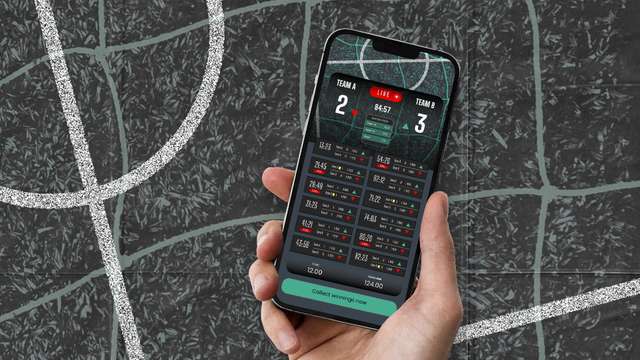Mention the big teams in African football and Nigeria would not be left out. Since their first international game on October 8, 1949 – where they silenced Sierra Leone in Freetown courtesy of Teslim Balogun’s strike and an own goal from Ashman – the West African country has grown in leaps and bounds.
Although they scrabbled in their maiden African Cup of Nations campaign – losing 6-3 in their first game to the United Arab Republic (now Egypt) before ending their Ghana 1963 expedition in sixth place, Nigeria have gone ahead to rule the continent thrice, finishing as runners-up on four occasions, and settling for bronze for a record eight times.
On the bigger scene, they have featured in six Fifa World Cups – with a Round of 16 finish at 1994 (USA), 1998 (France), and 2014 (Brazil) editions their best results at the global football showpiece.
Like many had suggested, the success of the country first handled by Englishman Jack Finch can be attributed to the choice of their nickname ‘Super Eagles’.
Of course, animals are so prominent in the exclusive sobriquet of several African teams, but how did Nigeria get their choice of nickname? Does the name Super Eagles carry emblematic qualities which resonate with the country’ history or value – or is it just art for art's sake?
Goal tries to provide insight here.
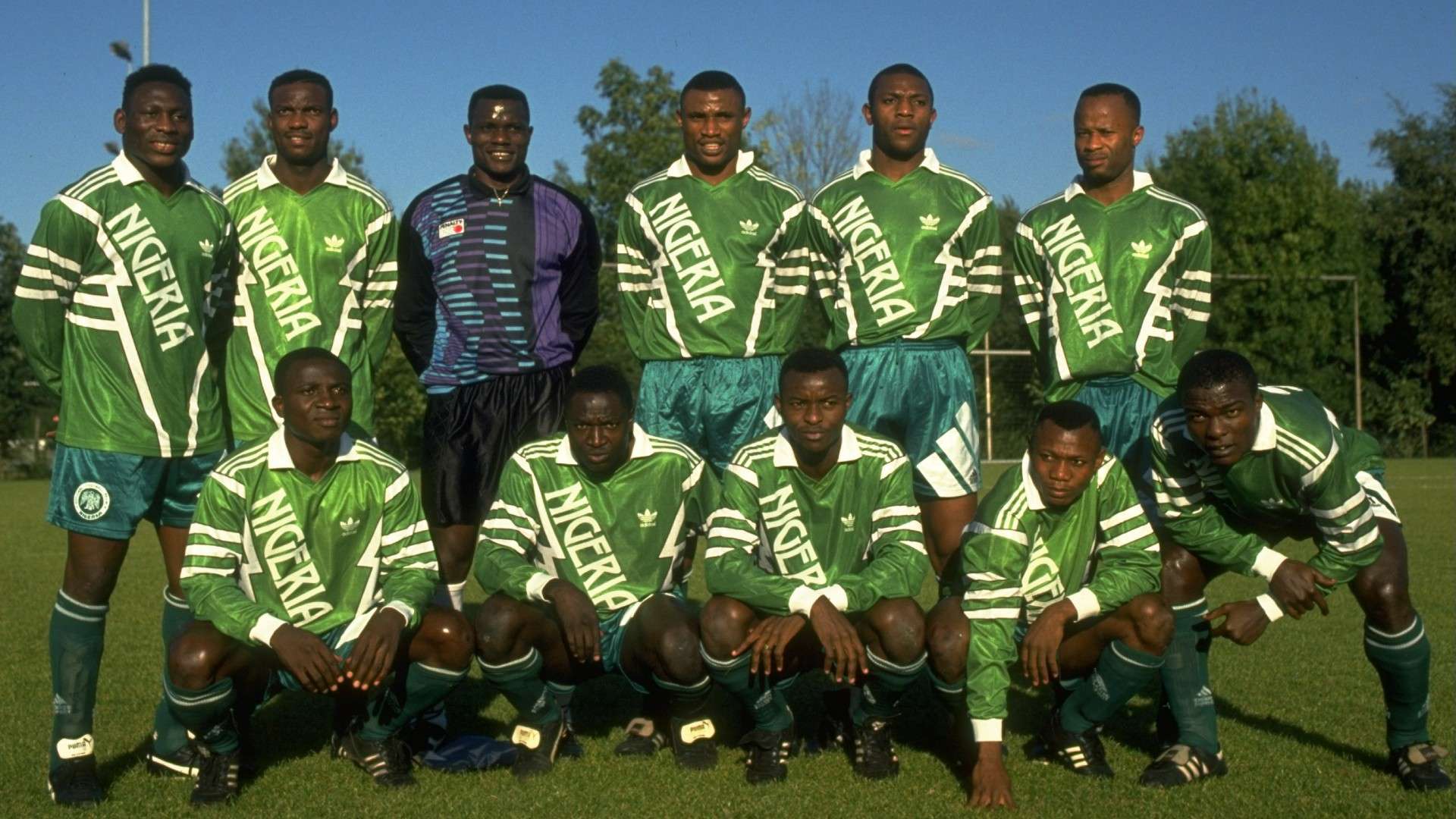 Getty
Getty
What was Nigeria called before the 'Super Eagles'?
Although the Nigeria Football Federation was formed on August 21, 1933, it took them over 20 years to raise a national team. Even at that, Nigeria played neighbouring countries in official games. The first such a match was against the Gold Coast (now Ghana) on May 7, 1935, with a Lagos-selected team losing 4-0 in Accra.
However, it was in 1949 that Nigeria could boast of having its first national team after football authorities selected talent discovered at the All Nigeria Governor’s Cup.
Thanks to the influence of then NFA boss, captain D.H Holley, the team that paraded the likes of Teslim Balogun, Peter Anieke and skipper Etim Henshaw went on a tour of the United Kingdom, where they faced Marine Cosby, Bishop Auckland, Isthmians League XI, Leytonstone FC, Corinthians League XI, Dulwich Hamlet, South Liverpool, Bromley and Athenian League XI in friendly matches.
Judging by their voyage to several cities in the United Kingdom and the number of days spent, they earned them their first nickname ‘UK Tourists’.
Before squaring up against Ghana in a Jalco Cup cracker that ended 3-3 on October 27, 1957 – where Noquapor Patrick got a brace- Nigeria changed from the UK Tourists to ‘Red Devils’. The reason was simply due to their red shirts at that time.
During the era of ‘UK Tourists’ and ‘Red Devils’, the country was still a British colony. However, after independence on October 1, 1960 – the name changed to ‘Green Eagles’ because of the flag’s colour alongside the Eagle – which embellishes Nigeria’s coat of arms.
As Green Eagles, the country participated in their first Olympic football event at Mexico in 1968, won the 1973 All African Games and ruled Africa at the 1980 Afcon played on home soil.
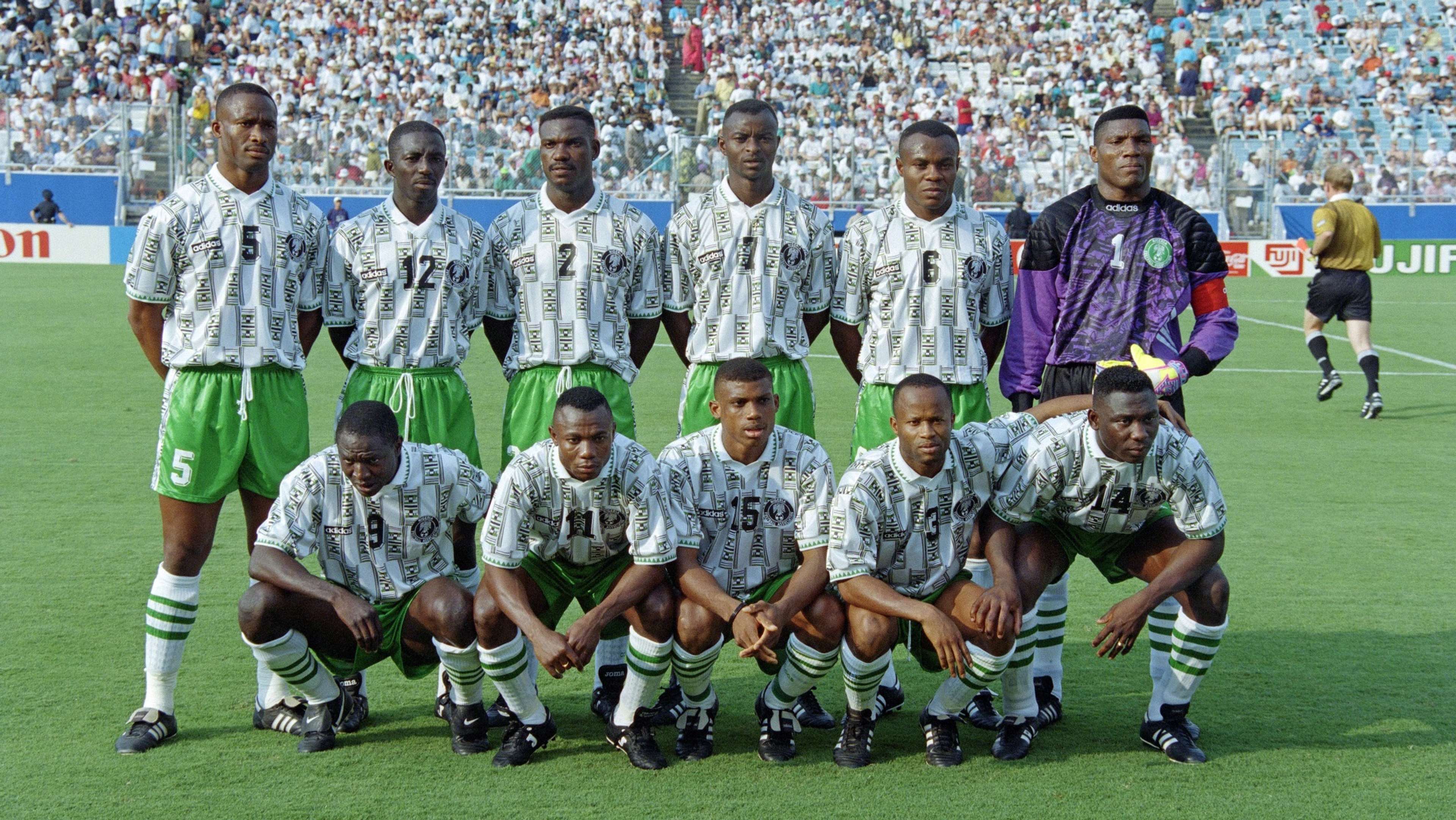 TIMOTHY A. CLARY/AFP/Getty Images
TIMOTHY A. CLARY/AFP/Getty Images
When did Nigeria become the 'Super Eagles'?
Courtesy of Emmanuel Jerome Kunde’s 55th-minute penalty, Nigeria bowed 1-0 to Cameroon in the final of the 1988 Africa Cup of Nations played at Stade Mohamed V, Casablanca.
Despite the loss, the team, which included the likes of Samuel Okwaraji, Henry Nwosu, Stephen Keshi, Augustine Eguavoen, Bright Omokaro and Peter Rufai, arrived in Lagos to a hero's welcome.
It was at a reception organised to celebrate Manfred Honer’s men that the team’s name was officially changed to the ‘Super Eagles’ over their perceived success.
Nigeria have undoubtedly lived up to the billing as Super Eagles - qualifying for their maiden World Cup and going on to play in five more editions as well as winning two more Afcon titles.
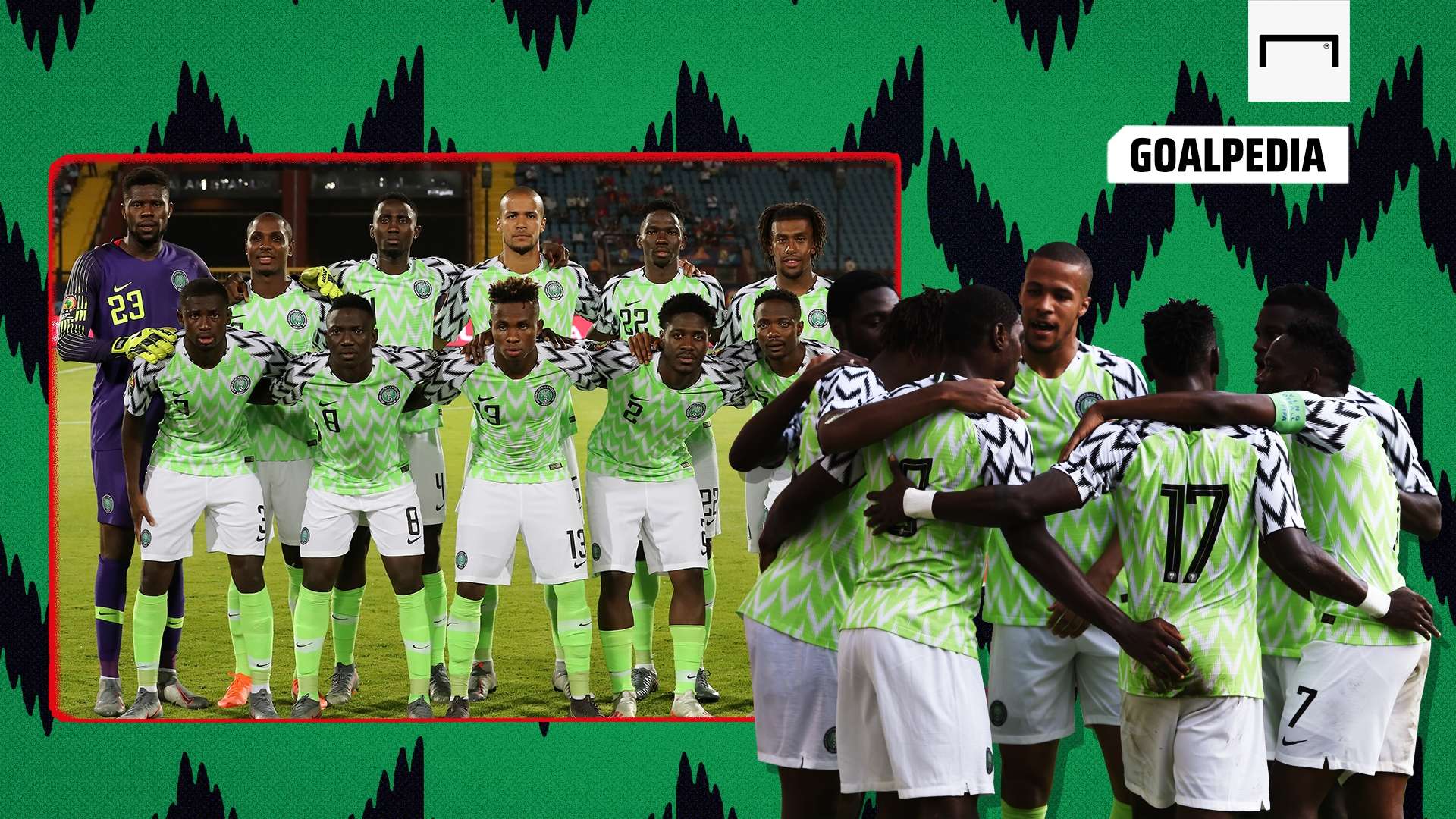
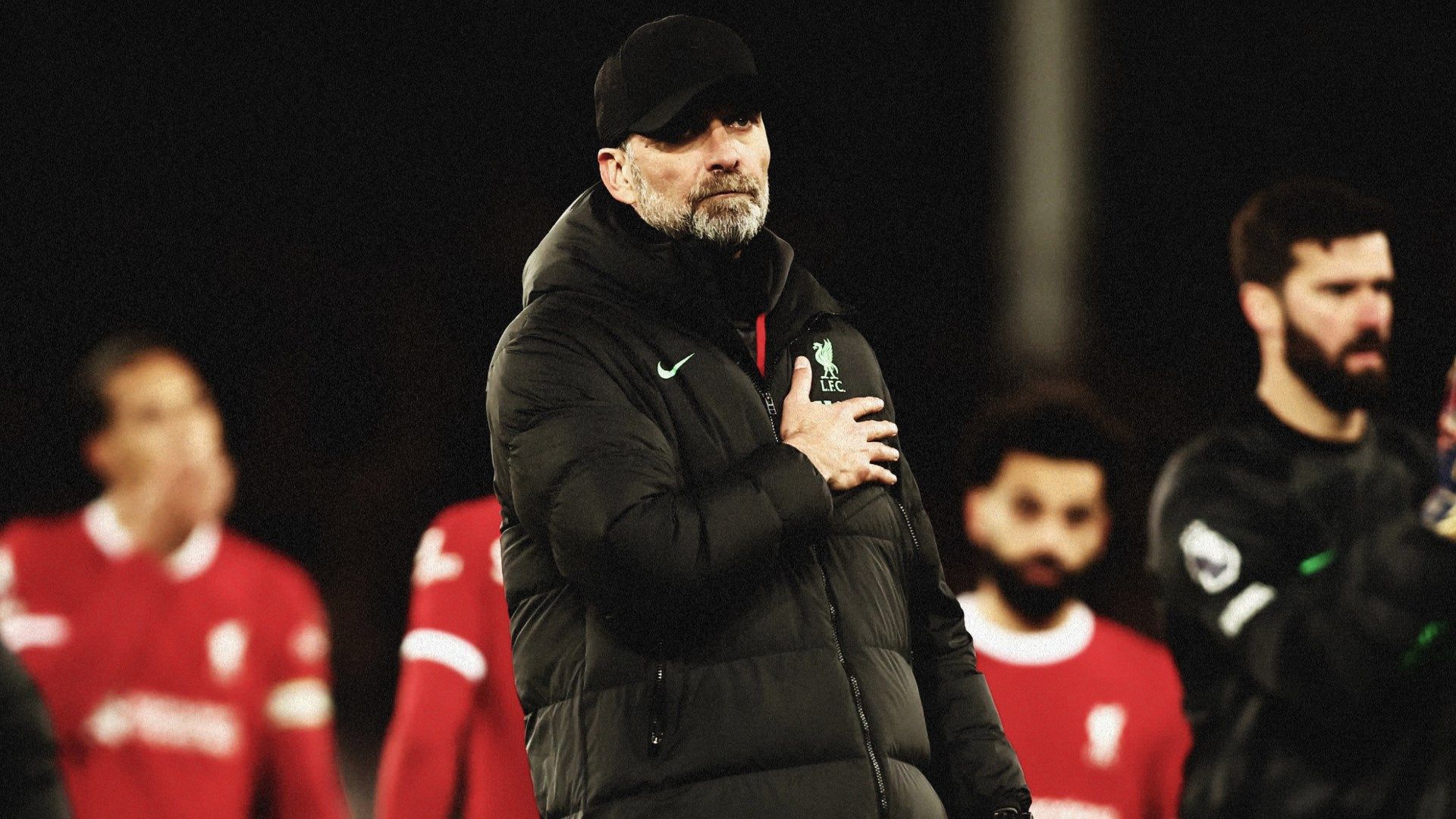.jpg?auto=webp&format=pjpg&width=640&quality=60)
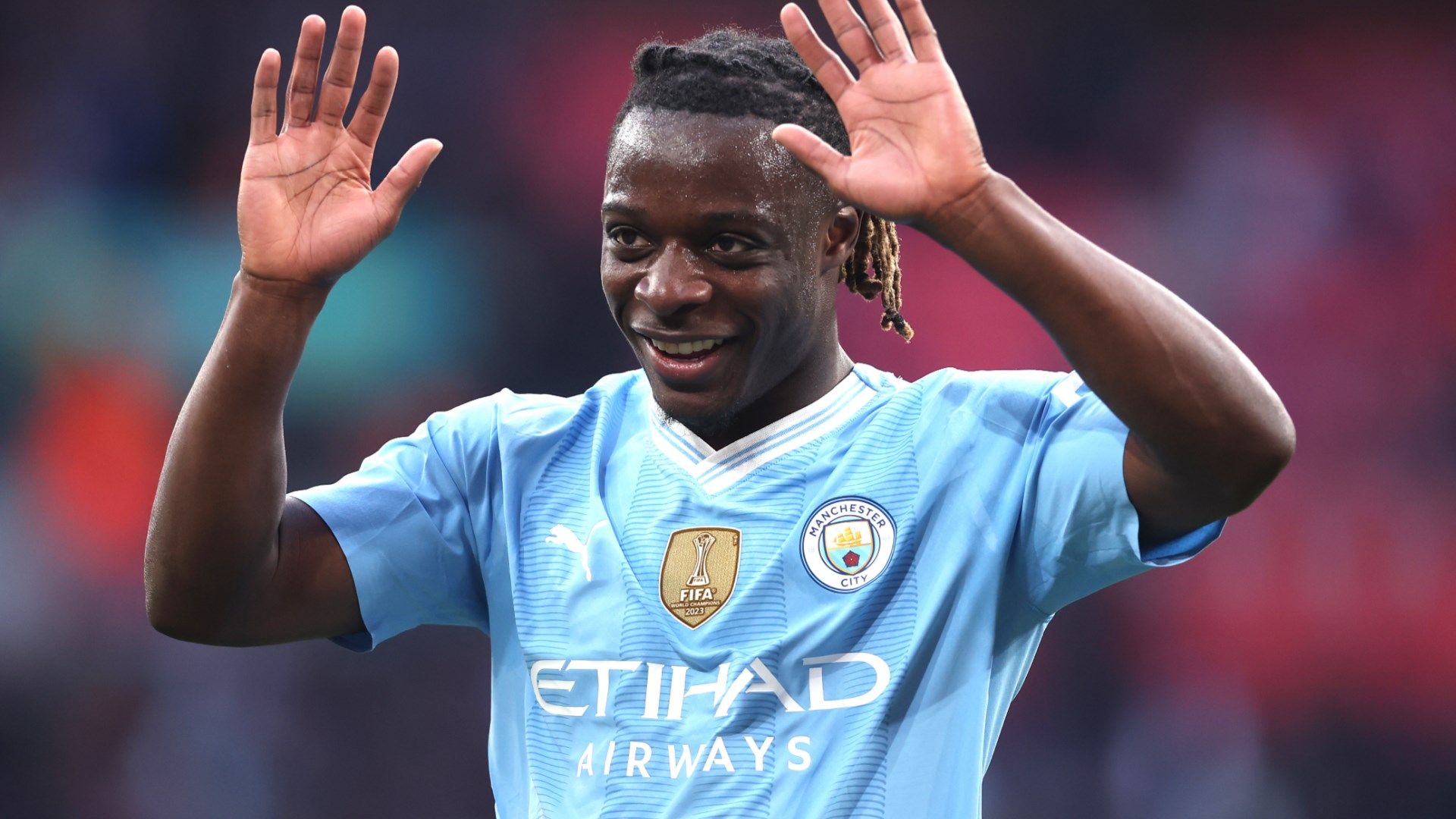.jpg?auto=webp&format=pjpg&width=640&quality=60)
